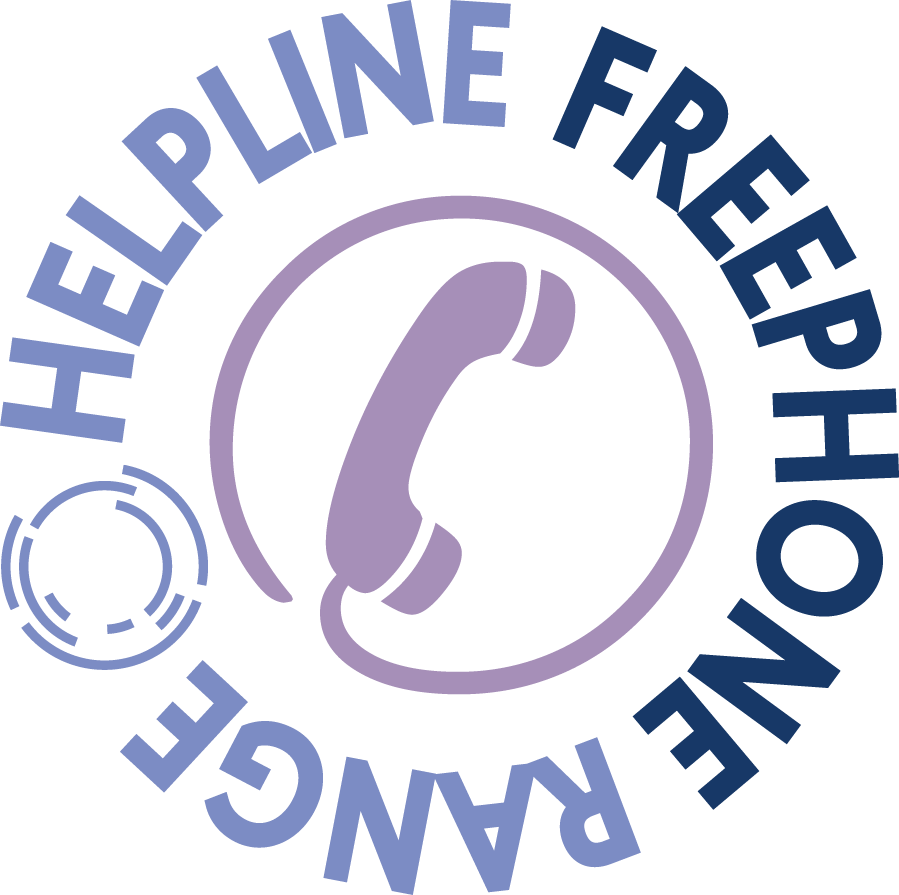The new figures show that the number of deaths increased from 162 (a rate of 0.26 deaths per 1,000 live births) in 2020 to 166 (a rate of 0.27 deaths per 1,000) in 2021. However, the ONS has cautioned that these figures are provisional. There can be a relatively long delay before investigations are completed and the death is registered, meaning that some deaths that occurred in 2021 may not be included in the current 2021 data. Last year’s release originally showed a figure of 150 deaths in 2020, but this has now been recorded as 162 deaths.
The ONS states that the although the number of SIDS deaths have followed a general pattern of decline since records began in 2004, the rate has remained stable overall since 2014.
Leading SIDS charity The Lullaby Trust has expressed concern over the increase in the number of babies dying and highlights the potential for increasing social deprivation to cause a further rise in the number of sudden infant deaths.
Jenny Ward, Chief Executive of The Lullaby Trust says: ‘‘We are concerned by the increase in SIDS rates in England and Wales. Although the increase is relatively small, families living in the most deprived areas of the country continue to experience a disproportionally higher rate of SIDS. With the on-going cost of living crisis, we are worried that increasing number of families living in deprivation will lead to more babies dying. The reduction in SIDS rates over the last 30 years shows that safer sleep is essential in saving babies’ lives, but the current economic environment and increased pressures on public health services can make accessing and following safer sleep advice more difficult for some families.”
Deprivation has a significant impact on infant mortality, with a 2022 report from the National Child Mortality Database (NCMD) concluding that families living in deprivation in England are 23% more at risk of infant deaths. The report also found a clear association between the risk of sudden infant death and social deprivation in England.
Jenny Ward adds: “All families should receive targeted safer sleep advice and support that is tailored to their individual needs and circumstances. We know of families who will be unable to heat their homes this winter and are concerned about how to keep their babies warm. Scenarios like this could lead to them using layers of thick bedding and increasing the risk of their baby becoming too hot, which is a significant risk factor for SIDS. It is vital that families are not only made aware of safer sleep advice, but also of ways they can keep following this advice even in difficult circumstances. “
Unsuitable and poor housing is a recognised risk factor for sudden unexpected death in infancy. Babies need to be slept in a clear, firm, flat, separate sleep space to reduce the risk of SIDS, but many families living in emergency or temporary accommodation find it incredibly difficult to create a safer sleep space for their babies. Often there is no space for a cot and many local authorities don’t provide one, leaving these families with no choice but to sleep their baby in an unsafe way that can increase the risk of SIDS.
In response to this, this week, The Lullaby Trust is raising funds to launch their new Bedtime Bundles project. The project will provide families in temporary accommodation with a bundle containing a travel cot, baby sleeping bag, thermometer and safer sleep advice leaflets. Families will then have a safe sleep space for their baby to use in their current accommodation and take with them when rehoused.
The Lullaby Trust also produces a ‘Safer sleep advice for emergency situations’ resource in recognition of the difficulties families in temporary accommodation or fleeing crisis can face following a safer sleep routine. This resource includes important advice for different sleeping situations, taking into account that some families may not have an ideal sleeping place for their baby on any given night.
To read the full report, please click here.
For more information about how we support families affected by SIDS and loss, head to our Bereavement Support page.

